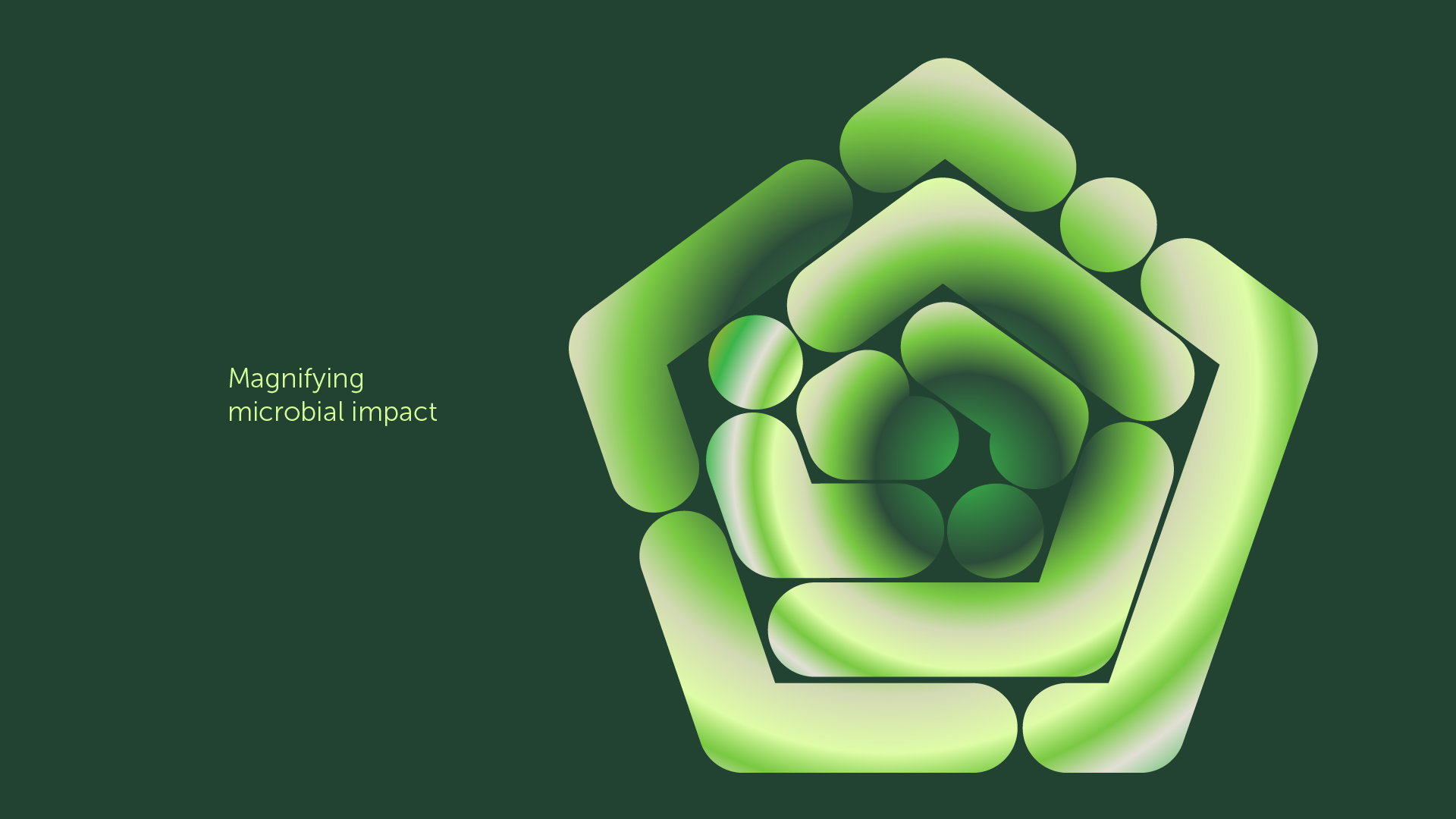PhD positions
PhD position - interactions between fish microbiomes and health and welfare in aquaculture
Are you interested in exploring the interactions between early life environment, mucosal microbiomes, and life-long health and welfare in an important aquaculture fish species, rainbow trout? Are you comfortable both with a pipet on hand in the lab and getting out and working in collaboration with the aquaculture industry? Here is an opportunity for you! At DTU’s National Institute of Aquatic resources, we offer a 3-year PhD position with a focus on interactions between fish microbiomes and health and welfare in recirculating aquaculture systems (RAS). You will be employed in the Section for Aquaculture, located at our campus in Hirtshals in the beautiful Northern part of Denmark.
The section is a vibrant international group that holds a strong expertise in the different aspects of aquaculture (e.g., farming technologies, water quality, fish physiology and nutrition, aquaculture microbiology), providing a scientifically stimulating multidisciplinary and multicultural environment.
The microbiome is an essential contributor to animal health and welfare through participating in the vital physiological processes and guiding host development. The positive connection between diverse microbiome and animal health and welfare has been found in the terrestrial farmed animals, while many knowledge gaps remain in the aquatic farming environment due to diverse range of farmed species, rearing systems, and husbandry practices. This Ph.D. position aims to gain new knowledge on fish microbiome-health & welfare dynamics, the development, stability, and resilience of microbiomes and performance and robustness of fish with different microbiome profiles.
Responsibilities and qualifications
Your focus will be to examine the mucosal microbial communities and health and welfare indicators in rainbow trout at different life-stages in an aquaculture environment.
Your responsibilities are expected to include:
– Designing and conducting fish experiments in aquaculture facilities
– Collecting biological samples and observational data
– Sample analysis in the laboratory using state-of-art molecular microbiology techniques and fish health and welfare analysis
– Sequencing data analysis (bioinformatics)
– Scientific dissemination of results
– Completing the required PhD school courses and conducting an external research stay
– Teaching and supervision of MSc students
Desired qualifications and skills:
– Curiosity and high motivation for research
– A relevant background in microbiology, molecular biology, animal physiology, or a related field
– Experience in chemical, microbiological, and/or molecular laboratory work
– Experience in experimental work with fish and/or aquaculture systems
– Accuracy and patience for laboratory and experimental work
– Interest towards statistics and bioinformatics
– Strong written and oral communication skills in English
– Ability to work both independently and as a part of a team.
You must have a two-year master’s degree (120 ECTS points) or a similar degree with an academic level equivalent to a two-year master’s degree.

